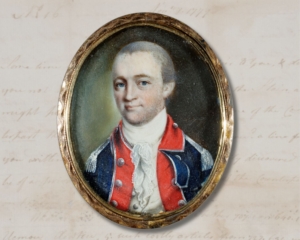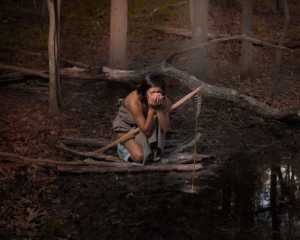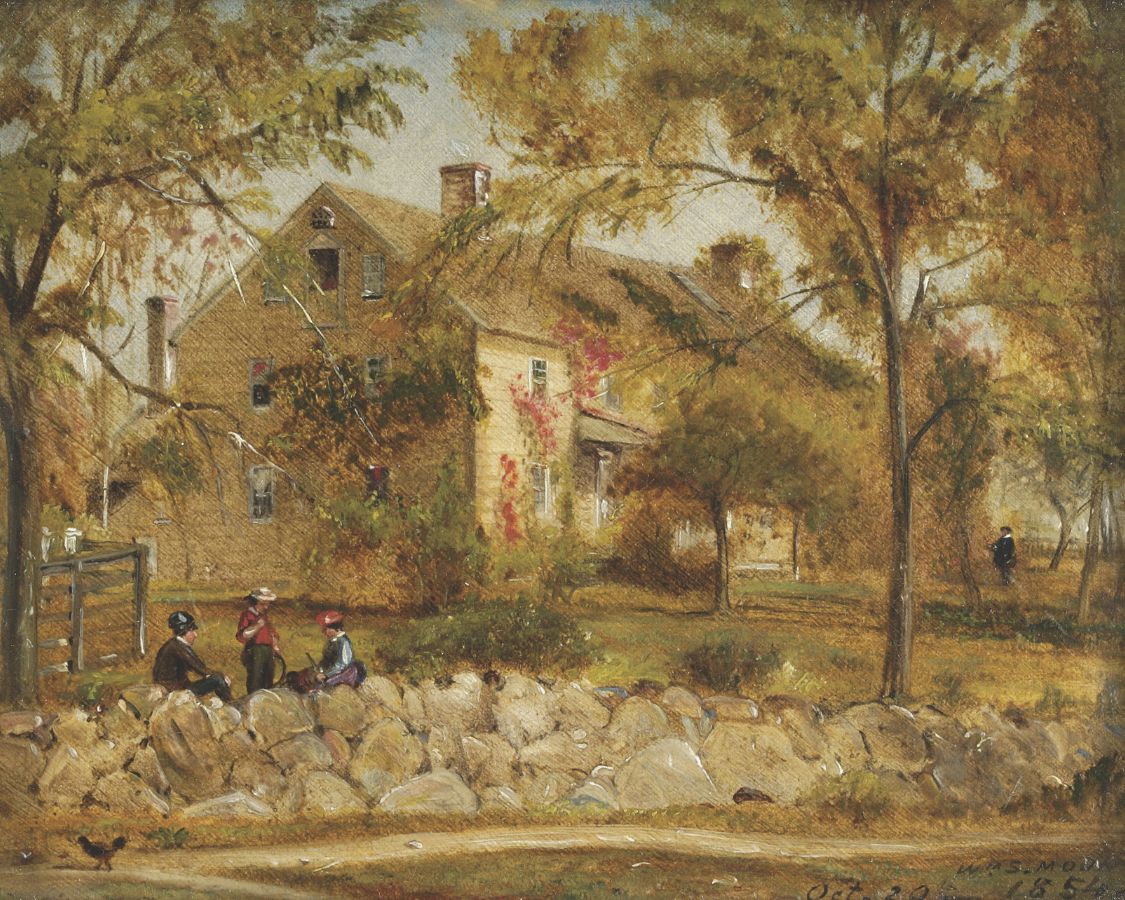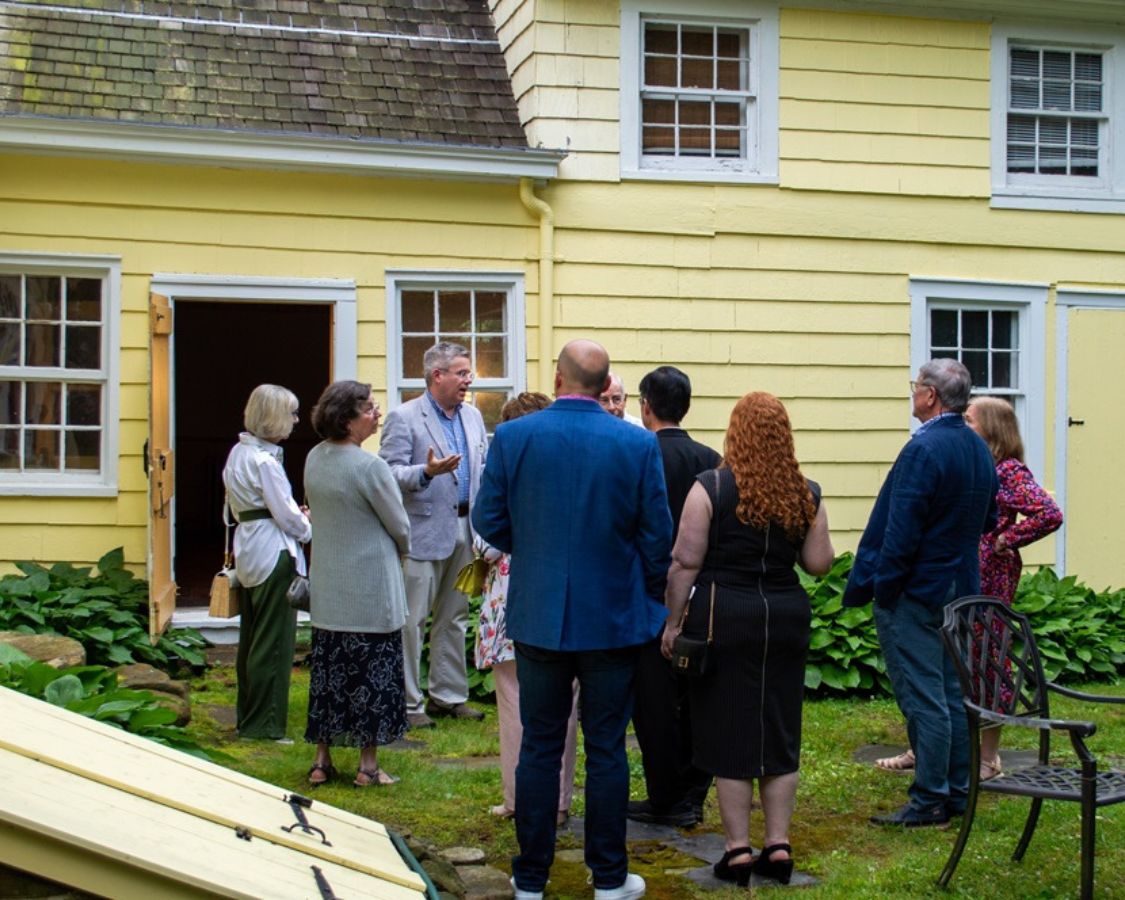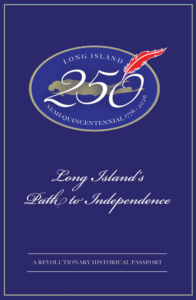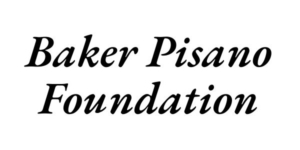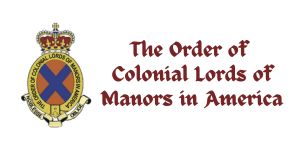Celebrating the 250th Anniversary of the American Revolution on Long Island
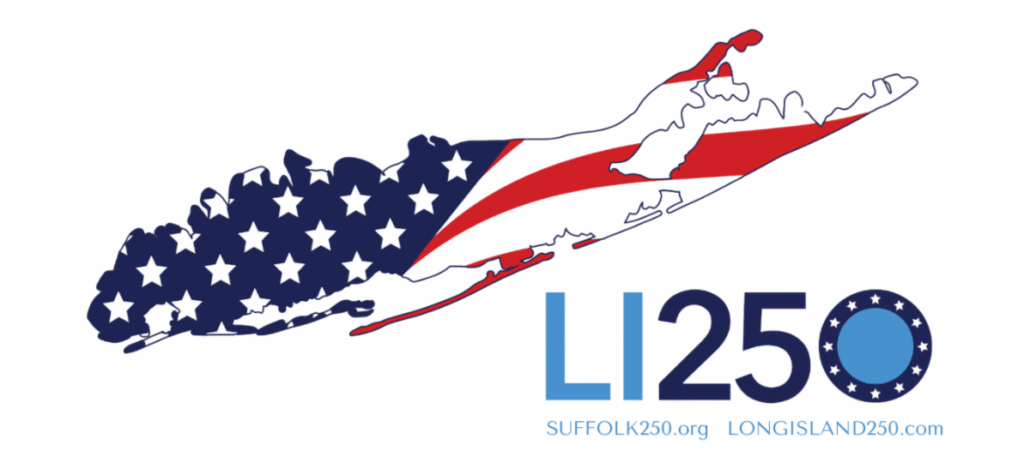
The Long Island Museum is proud to celebrate the semiquincentennial of the American Revolution and the pivotal role Long Island played in our nation’s fight for independence, with special exhibitions, along with engaging public programming. Come discover YOUR history, as you explore our colonial roots and the enduring stories of the First Peoples of Long Island—from their history of survival to the ongoing battle for cultural identity.
LIM is a proud partner in Suffolk County’s year-long 250 celebration. Visit suffolk250.org, to view more events across our region.
Exhibitions
Portrait Miniature of Col. Benjamin Tallmadge, 1783. Watercolor on Ivory. John Ramage (1748-1802). Courtesy of the Litchfield Historical Society, Litchfield, Connecticut.
The Seat of Action: Long Island in the American Revolution and Beyond
February 19–September 13, 2026
In celebration of America250, The Seat of Action will spotlight the experiences of the Long Island region during the Revolutionary War, an area that was under martial law and British control longer than any other part of the American colonies. In the years between the Battle of Long Island (August 1776) and the liberation of New York (November 1783), military occupation led to the loss and destruction of property, the separation of families, and an unprecedented level of suffering across this area. Though our collective regional memory often emphasizes the glory and valor of important episodes such as the Culper Spy Ring—a military intelligence-gathering group originated by Major Benjamin Tallmadge (1754–1835) of Setauket—the general experience for Long Islanders over those seven years was one that witnessed large-scale exodus of population and the devastation of churches, orchards, livestock, and woodlands as British forces used the area as a source of fuel and nourishment for their larger war effort. The post-Revolutionary War era was one of profound reconstruction across Long Island. At the same time, the tragic impacts of the war also brought about powerful and transformative legacies, leading to more democratic politics across this region and to the eventual end of slavery, both on Long Island and in New York State.
Jeremy Dennis (b. 1990), Manitou Hill, 2017, digital dye-sublimation print on aluminum. The Long Island Museum Collection.
Enduring Heart: Native American Long Island
July 16–December 20, 2026
A celebration of the First Peoples of Long Island. Our Native American communities and people are at the heart of this region’s history, its present, and its future. Regardless of their ancestry, the 2.9 million Long Islanders of all backgrounds—who live in villages with Algonquian names that include Hauppauge, Ronkonkoma, Wantagh, Mastic, Montauk, and more—have a stake and a vested interest in gaining a much better understanding and appreciation of the complicated, interwoven, and ongoing story of Native Long Island. This exhibition is the first at LIM to explore the historical contours and the present-day artistic legacies of this story, developed in collaboration with an advisory panel of Native American community members and scholarly experts.
Events & Programming
Washington Crossing the Delaware: the Story Behind the Painting ” Zoom Lecture with Elizabeth Kahn Kaplan
Thursday, March 19, 2026 / 7:00 PM
Washington Crossing the Delaware, the huge iconic painting depicting the pivotal moment that breathed new life into the Patriot cause on Christmas night, 1776, was revered as a symbol of American freedom and then vilified as a cliché filled with historical errors. Join Elizabeth Kahn Kaplan via Zoom as she relates the truth about that fateful night and the following day, when General George Washington and his rag-tail army defeated the Hessians, rented by King George III, at Trenton, NJ. An independent historian and a docent at The Metropolitan Museum of Art– the museum that owns the painting– Elizabeth will analyze Emanuel Leutze’s celebrated work for its truths and for its poetic license.
Elizabeth Kahn Kaplan is the former Director of Education at the Three Village Historical Society and an educator, writer, and lecturer on art, artists, and American history.
REGISTRATION
This program is free; no museum admission is required. Once registered you will be emailed a link to the program on March 18th. Please note that this program is virtual only and will not be offered in person.
While Dire Oppression Reigns: Women’s Experience of Occupied Long Island with Dr. Susan Hinely
Sunday, March 22, 2026 /1:00–2:30 PM
Long Island became an occupied territory after the British won the Battle of Brooklyn, and it remained under occupation for over seven years, the longest continuously occupied area during the War of Independence. In recognition of America250 and Women’s History Month, join Stony Brook University Lecturer Dr. Susan Hinely as she highlights the common theme of women’s importance as economic providers and primary responders in a context of social collapse.
REGISTRATION
This program is included with museum admission. Preregistration is requested.
The American Revolution and the Fate of the World with author Richard Bell
Saturday, May 16, 2026 / 1:00 PM
When we think of the American Revolution, we picture 13 colonies squaring off against the British Crown in a spirited bid for independence. But this version of the story is only half the truth—and perhaps not even the most interesting half. In this riveting program, historian and author Richard Bell invites us to rediscover the Revolution as a world war that unleashed chaos, opportunity, and transformation across six continents—from the sugar fields of the Caribbean to the court of the King of Mysore, from refugee camps on the Canadian frontier to political uprisings in Sierra Leone and Peru—and traces the far-flung reverberations of the war through the lives of the people it displaced, empowered, or destroyed.
Richard Bell is a Professor of History at the University of Maryland and author of The American Revolution and the Fate of the World. Learn more at richard-bell.com.
REGISTRATION
This program is included with admission. Preregistration is requested.
Long Island and the Legacy of Eugenics with author Mark Torres
Thursday, September 17, 2026 / 7:00 PM
Mark Torres’ new book, Long Island and the Legacy of Eugenics: Station of Intolerance, covers the dark history of the eugenics program developed by the Eugenics Record Office at Cold Spring Harbor, New York, during the early 20th century and its spread throughout the nation and the world. More information coming soon!
REGISTRATION
This program is included with museum admission. Registration will open soon.
Hawkins-Mount House Tours
As part of LIM’s America250 programming, join us for special tours of the historic Hawkins-Mount House! American genre painter William Sidney Mount created some of his most memorable scenes from inside an attic studio at this large, rambling 18th-century homestead.
Located at the intersection of a historically-significant section of North Country Road, in Stony Brook, Mount’s ancestral family home, the Hawkins-Mount House, was built around 1725, a witness to the American Revolution, and substantially enlarged over the centuries. The house was listed on the National Register of Historic Places in 1966.
Dates: Saturdays, March 21, July 11, and October 3, 2026
William Sidney Mount (1807–1868), The Mount House, 1854, Oil on canvas. Long Island Museum, Bequest of Ward Melville, 1977.
On tour at the Hawkins-Mount House
REGISTRATION
Member: $8
Non-member: $10
Please select from the timeslots below. Note that space is limited. Due to capacity constraints, each time slot is capped at 8 attendees.
Registrants are responsible for their own transportation to the site. Please be aware that the historic site features uneven ground and flooring, steps, and other structural elements that may present challenges for visitors with mobility impairments.
March 21
July 11
October 3
More programs and events are on the way—check back soon!

